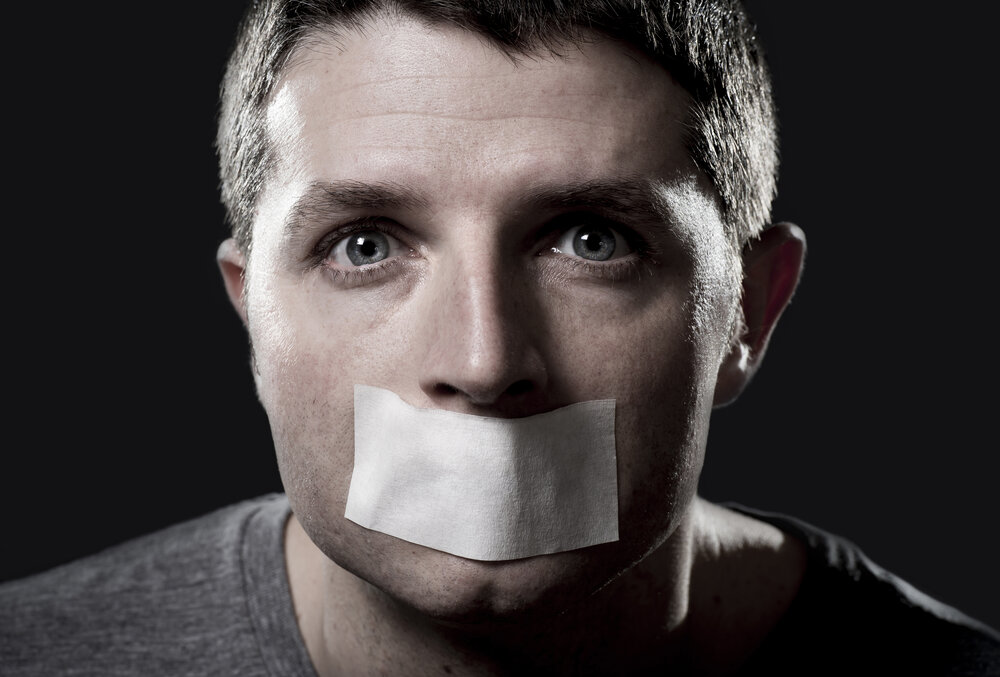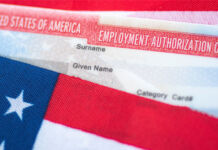
Anti-Slapp Texas turned one year old on December 30, 2019. I kind of dropped off posting towards the end of the year, finishing out a couple of Anti-Slapp fights of my own that are headed to appeals.
Here is the very first blog post for those new to the blog.
https://www.antislapptexas.com/blog?month=12-2018
It’s been fun in a law dork kind of way, but also time consuming.
With the changes to the Texas Anti-Slapp in September 2019, the statute has lost some of its bite, but the legislature left quite a bit of ambiguity, so expect to see more appeals (but nothing near the volume) of 2018 and 2019. I wouldn’t expect the first opinion interpreting the Sept. 2019 Anti-Slapp to come down till April 2020 at the earliest.
The first 2020 Texas Anti-Slapp opinion adds to the debate over whether the Old Texas Anti-Slapp applies to a Rule 202 Petition. In re. Krause Landscape Contractors, Inc., No. 07-19 00182-CV (Amarillo COA January 2, 2020) joins the Austin and Ft. Worth COAs in holding that the TCPA applies to Rule 202 Petitions based on a straight forward reading of the statute. https://www.antislapptexas.com/blog/2019/5/11/application-of-texas-anti-slapp-to-tex-r-civ-p-202-petition-called-into-question)
The trial court denied the Texas Anti-Slapp motion, but the Amarillo COA reversed, holding that the TCPA applies to 202 Petitions and that the non-movant did not meet their burden to establish the elements under Rule 202. There is a dissent, but I do not expect the Texas Supreme Court to weigh in on this issue given the changes to the Sept. 2019 Anti-Slapp.
The second TCPA opinion comes from the Dallas COA in Caracio v. John Doe et al, No. 05-19-00150-CV (Dallas COA Jan. 3, 2020). This is a defamation suit where the trial court denied the Texas Anti-Slapp motion and the Dallas COA reversed and rendered. Whether the TCPA applied was not an issue (uncontested) and the Dallas COA assumed the plaintiff met the elements of defamation because it reversed and rendered on the qualified privilege defense :
A qualified privilege against defamation applies to good-faith communications ‘upon any subject in which the author or the public has an interest or with respect to which the author has a duty to perform to another owing a corresponding duty.’ . . . (qualified privilege attaches to a communication that is ‘made in good faith and the author, the recipient or a third person, or one of their family members, has an interest that is sufficiently affected by the communication’).
In Caracio, the defendant contacted the head of the school where her children attended to express concern that a new student, John Doe, Jr., had serious behavioral issues at one or more prior schools. Because the qualified privilege applied, defendant had to establish she did not make the statements with “with actual malice, defined as knowledge of falsity or reckless disregard for the truth.” The Dallas COA determined that defendant’s behavior of reporting a conversation she overheard from her daughters did not rise to the level of actual malice, warranting dismissal of the defamation claim.
* Wick Phillips Gould & Martin was involved in this dispute but the dismissal of its client was not appealed.





